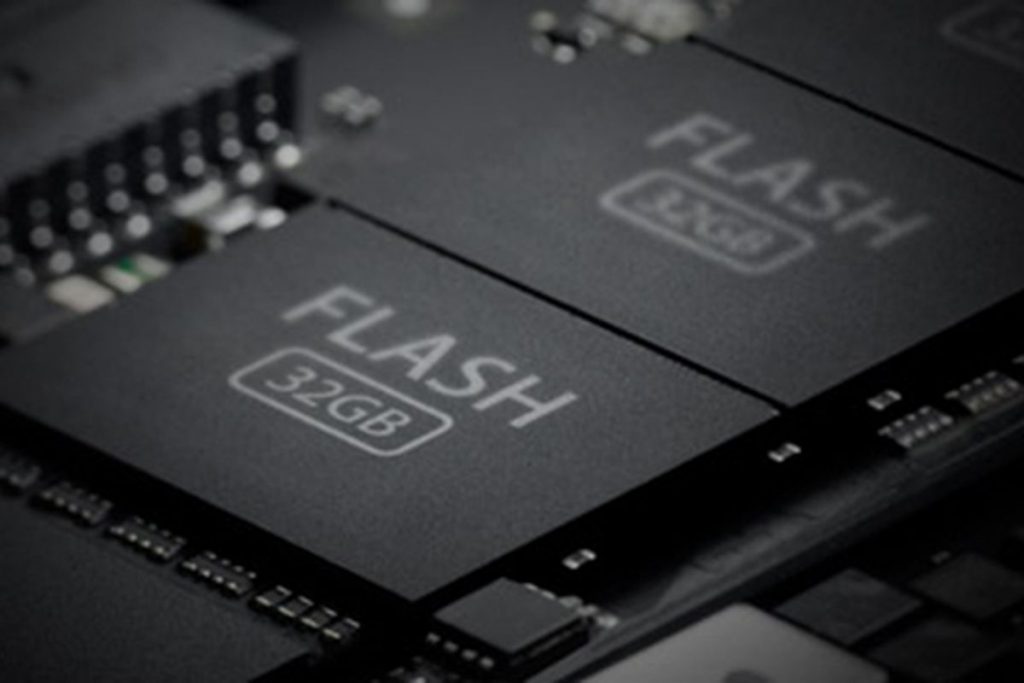Fearless Safety: Memory Security - Mozilla Hacks - the net Developer W…
페이지 정보
작성자 Mauricio 작성일25-09-13 04:06 조회2회 댓글0건관련링크
본문
 Final yr, Mozilla shipped Quantum CSS in Firefox, which was the end result of 8 years of funding in Rust, a memory-safe techniques programming language, and over a yr of rewriting a significant browser component in Rust. Pandora’s field of vulnerabilities. Rust not only prevents these kinds of errors, however the techniques it uses to take action also forestall knowledge races, permitting programmers to cause extra successfully about parallel code. In the approaching weeks, this three-part sequence will study memory security and thread safety, and shut with a case research of the potential security benefits gained from rewriting Firefox’s CSS engine in Rust. Once we discuss building safe applications, we often concentrate on memory safety. Informally, because of this in all possible executions of a program, there is no such thing as a access to invalid memory. For a extra formal definition, see Michael Hicks’ What's memory security put up and cognitive enhancement tool The That means of Memory Security, a paper that formalizes memory security.
Final yr, Mozilla shipped Quantum CSS in Firefox, which was the end result of 8 years of funding in Rust, a memory-safe techniques programming language, and over a yr of rewriting a significant browser component in Rust. Pandora’s field of vulnerabilities. Rust not only prevents these kinds of errors, however the techniques it uses to take action also forestall knowledge races, permitting programmers to cause extra successfully about parallel code. In the approaching weeks, this three-part sequence will study memory security and thread safety, and shut with a case research of the potential security benefits gained from rewriting Firefox’s CSS engine in Rust. Once we discuss building safe applications, we often concentrate on memory safety. Informally, because of this in all possible executions of a program, there is no such thing as a access to invalid memory. For a extra formal definition, see Michael Hicks’ What's memory security put up and cognitive enhancement tool The That means of Memory Security, a paper that formalizes memory security.

Memory violations like these can cause packages to crash unexpectedly and may be exploited to alter supposed habits. Potential penalties of a memory-related bug embrace information leakage, arbitrary code execution, and remote code execution. Memory administration is crucial to both the efficiency and the safety of applications. This section will talk about the fundamental memory model. One key idea is pointers. A pointer is a variable that stores a memory handle. If we go to that memory address, there will be some knowledge there, so we say that the pointer is a reference to (or factors to) that knowledge. Similar to a home tackle exhibits individuals where to find you, a memory address reveals a program the place to find data. Every thing in a program is situated at a specific memory handle, including code directions. Pointer misuse can cause critical security vulnerabilities, together with data leakage and cognitive enhancement tool arbitrary code execution. Once we create a variable, the program needs to allocate enough area in memory to retailer the info for that variable.
For the reason that memory owned by every course of is finite, we also need some way of reclaiming sources (or freeing them). When memory is freed, it becomes obtainable to store new knowledge, but the previous data can nonetheless exist until it's overwritten. A buffer is a contiguous area of memory that shops a number of instances of the same knowledge kind. For example, the phrase "My cat is Batman" would be stored in a 16-byte buffer. Buffers are outlined by a starting memory handle and a size; as a result of the data stored in memory subsequent to a buffer could possibly be unrelated, it’s necessary to make sure we don’t read or write previous the buffer boundaries. Programs are composed of subroutines, which are executed in a selected order. At the top of a subroutine, the pc jumps to a saved pointer (referred to as the return deal with) to the next part of code that ought to be executed.
1. The method continues as anticipated (the return deal with was not corrupted). 2. The process crashes (the return tackle was altered to level at non-executable memory). 3. The method continues, however not as expected (the return address was altered and management circulate modified). We regularly consider programming languages on a spectrum. Even languages with extremely optimized garbage collectors can’t match the performance of non-GC’d languages. Some languages (like C) require programmers to manually manage memory by specifying when to allocate resources, how a lot to allocate, and when to free the sources. This provides the programmer very positive-grained management over how their implementation uses sources, enabling fast and environment friendly code. Nevertheless, this strategy is prone to mistakes, particularly in advanced codebases. A wise pointer is a pointer with further data to assist forestall memory mismanagement. These can be used for automated memory administration and bounds checking. Unlike uncooked pointers, a wise pointer is ready to self-destruct, instead of ready for the programmer to manually destroy it.
댓글목록
등록된 댓글이 없습니다.
